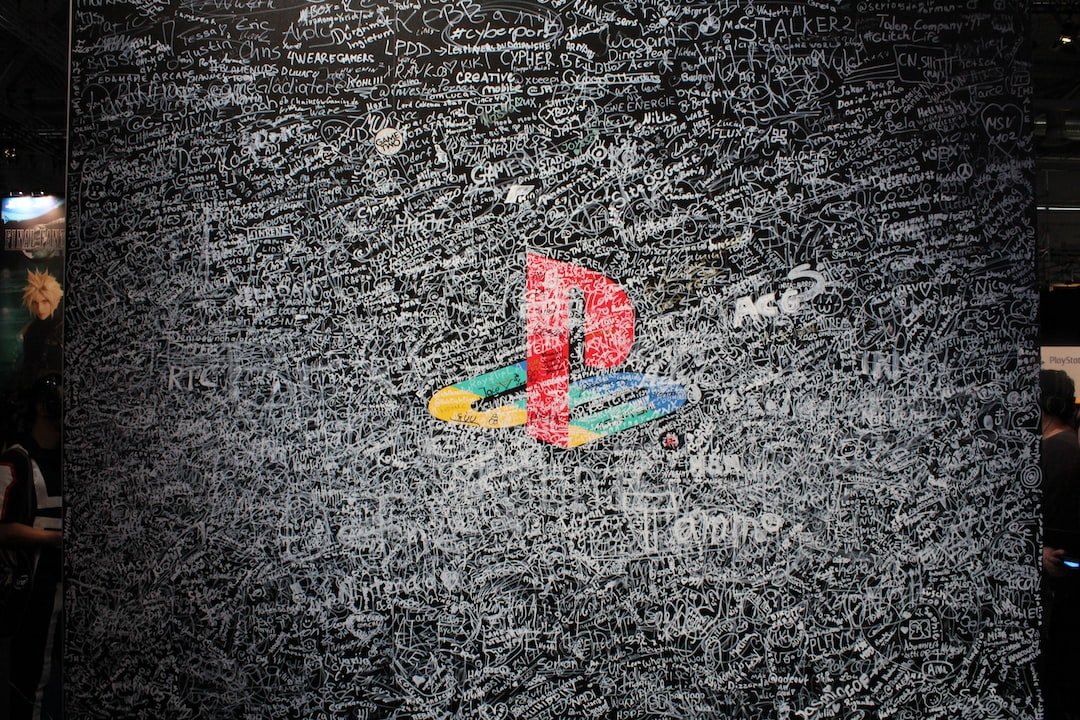The Influence of Video Game Soundtracks on Pop Culture
Video games have come a long way since their inception. What started as simple pixelated graphics and blips for sound has evolved into immersive and complex experiences. One aspect that has played a crucial role in this evolution is the video game soundtrack. As the technology behind video games has improved, so has the quality and impact of their soundtracks. Today, video game soundtracks have become more than just background noise; they have become an integral part of pop culture.
One of the ways video game soundtracks have influenced pop culture is through their emotional impact. Many video games have immersive and captivating storylines, and the music that accompanies these narratives enhances the overall experience. The emotional range of video game soundtracks is vast, ranging from epic and thrilling moments to somber and melancholic scenes. Take, for example, the iconic music from the game “The Elder Scrolls V: Skyrim.” The triumphant and heroic soundtrack captures the essence of the game’s world, making players feel like they are part of an epic adventure. The emotional impact of video game soundtracks extends beyond the screen, with fans often seeking out the music to listen to in their everyday lives. This connection between game and player further solidifies the influence of video game soundtracks in pop culture.
Another way video game soundtracks have infiltrated pop culture is through their presence in mainstream media. In recent years, video game soundtracks have gained recognition beyond the gaming community. They have made their way into television shows, movies, and even live concerts. Composers like Nobuo Uematsu, who composed the music for the “Final Fantasy” series, and Koji Kondo, who composed the music for the “Super Mario” series, have become household names. Their contributions to the world of video game music have not only elevated the gaming experience but have also shaped the broader music landscape. The popularity of video game soundtracks has paved the way for live orchestral performances of iconic game music, introducing a whole new audience to the world of gaming.
Additionally, video game soundtracks have inspired countless musicians and artists who have gone on to create their own music. Many musicians have openly expressed their love and admiration for video game soundtracks, often incorporating similar elements into their own work. The influence of video game soundtracks can be seen in various genres, from electronic music to orchestral arrangements. Artists like Deadmau5, who famously sampled the “Super Mario Bros.” theme in his hit song “Ghosts ‘n’ Stuff,” show just how deeply video game music has penetrated the mainstream music industry. The seamless blending of video game sounds and popular music has blurred the lines between the two, creating a unique sound that is appreciated by both gamers and non-gamers alike.
Moreover, video game soundtracks have also become a source of nostalgia for many individuals. As people grew up playing video games, the music from those games became ingrained in their memories. Even years later, the opening chords of a familiar game theme can transport players back to their childhoods, triggering a wave of nostalgia. This nostalgia has been embraced by pop culture, with the resurgence of retro gaming and the reimagining of classic soundtracks in modern games. The popularity of remastered video game soundtracks and vinyl releases further proves the enduring impact that these compositions have had on pop culture.
In conclusion, video game soundtracks have had a significant influence on pop culture. Through their emotional impact, presence in mainstream media, inspiration for musicians, and ability to evoke nostalgia, video game soundtracks have become an integral part of our modern cultural landscape. The evolution of video game music has elevated the gaming experience, attracting new audiences and proving that it is not just background noise; it is an art form in itself. As technology continues to advance, we can expect video game soundtracks to continue pushing the boundaries of what is possible and continue to shape pop culture for years to come.

